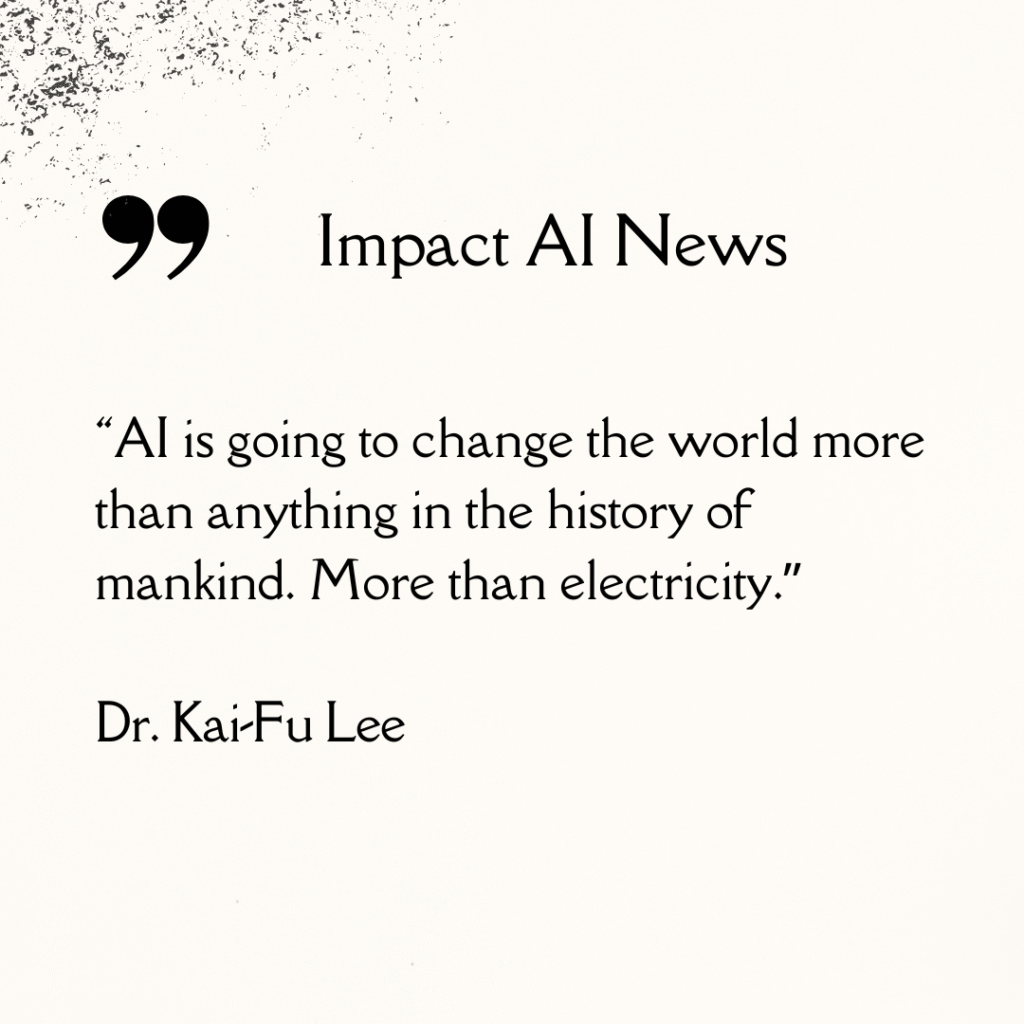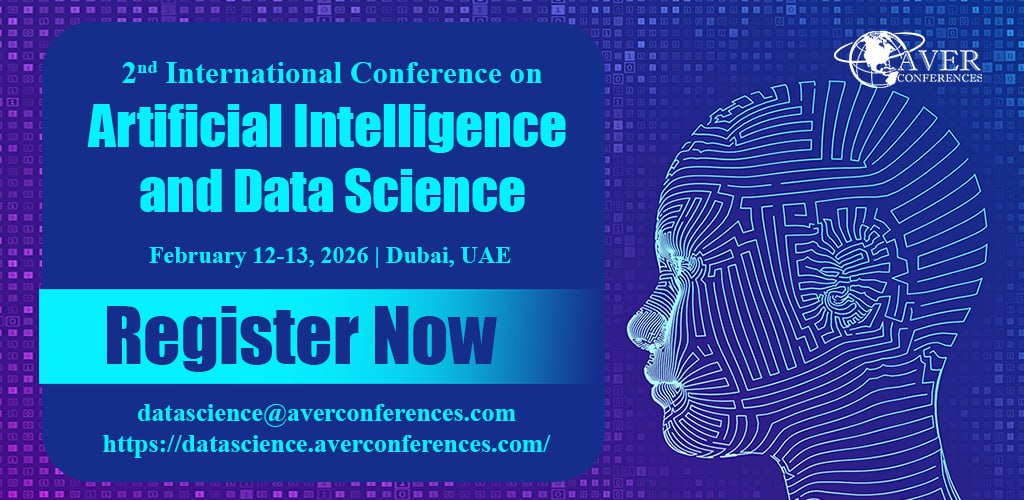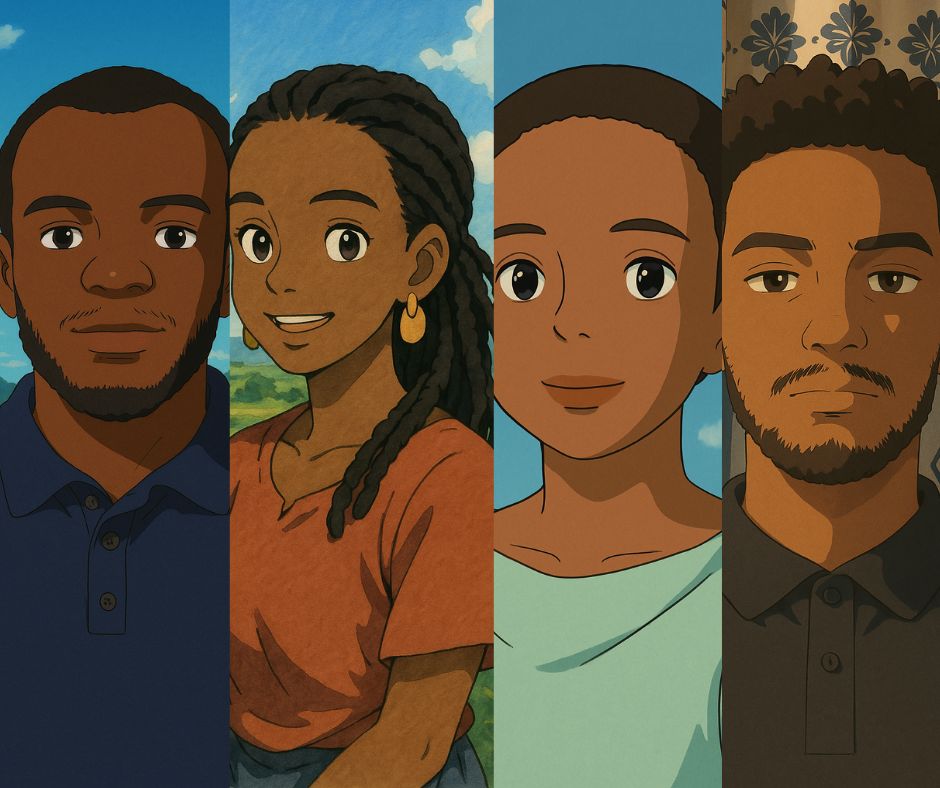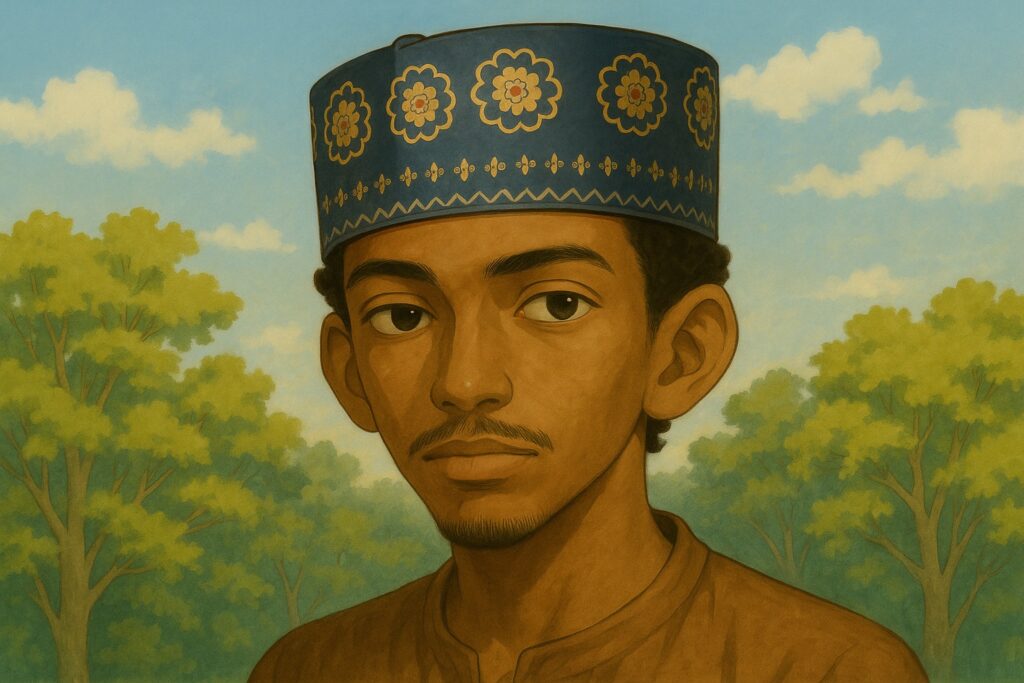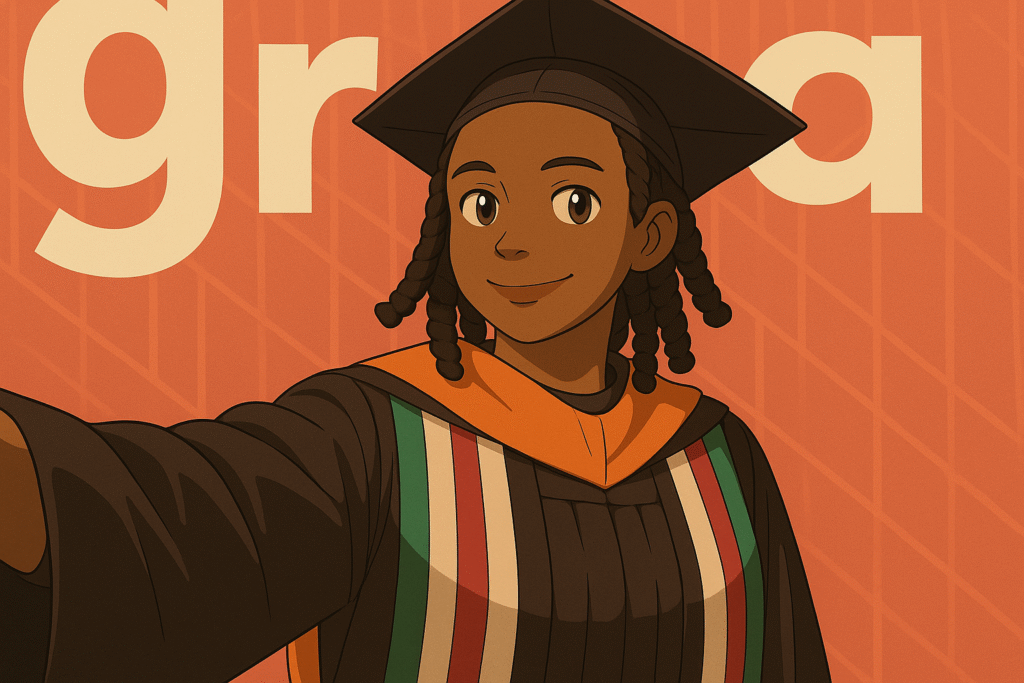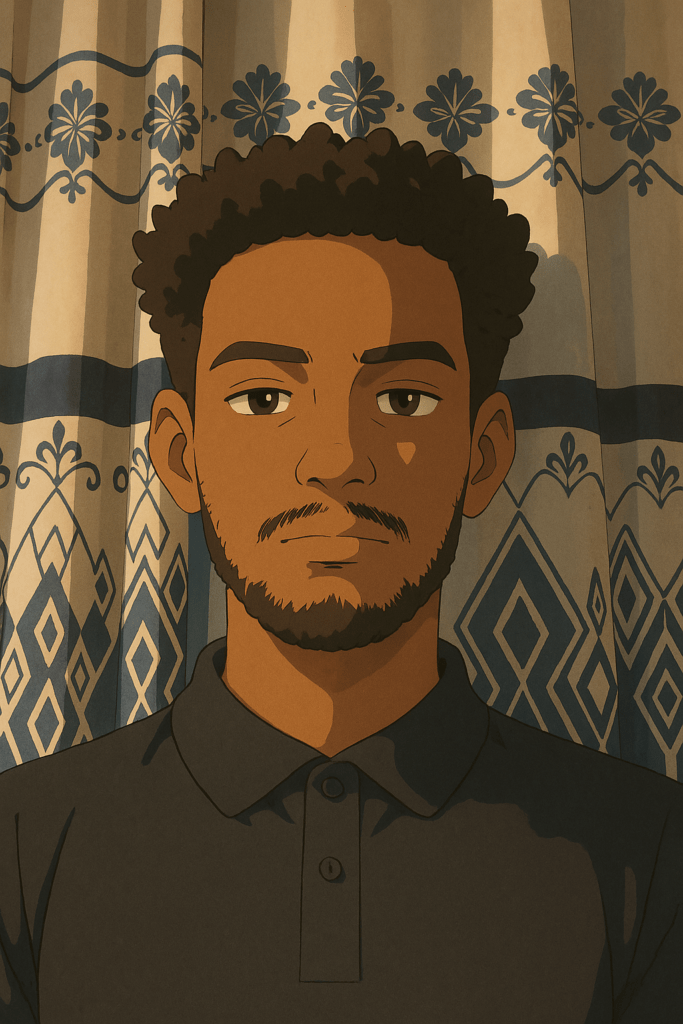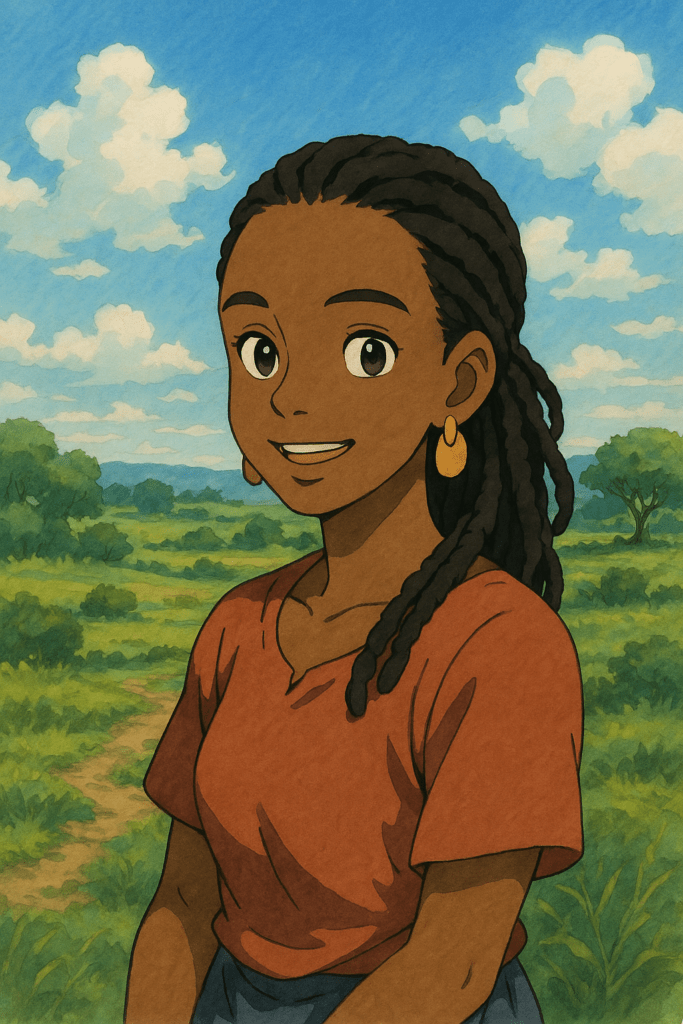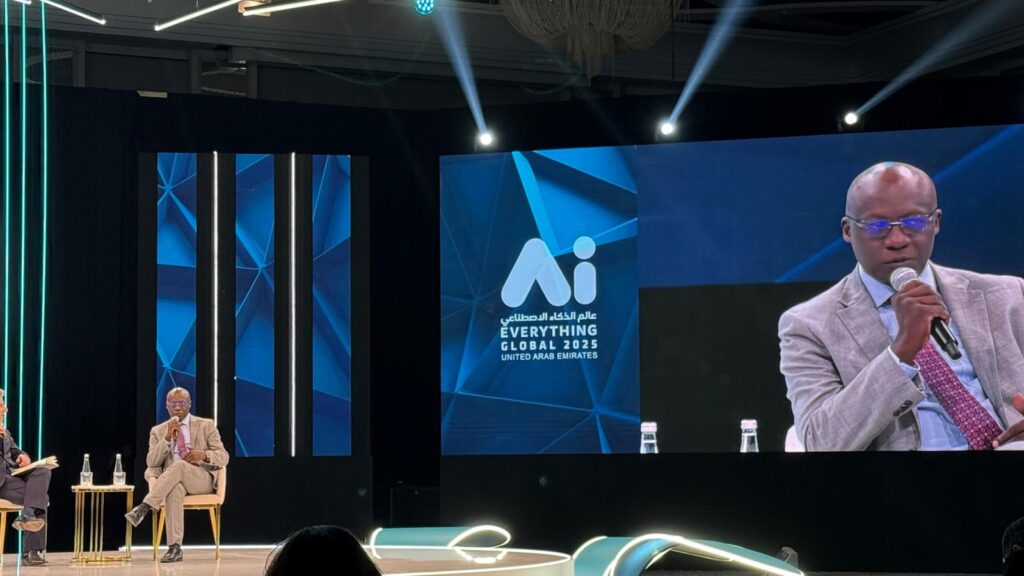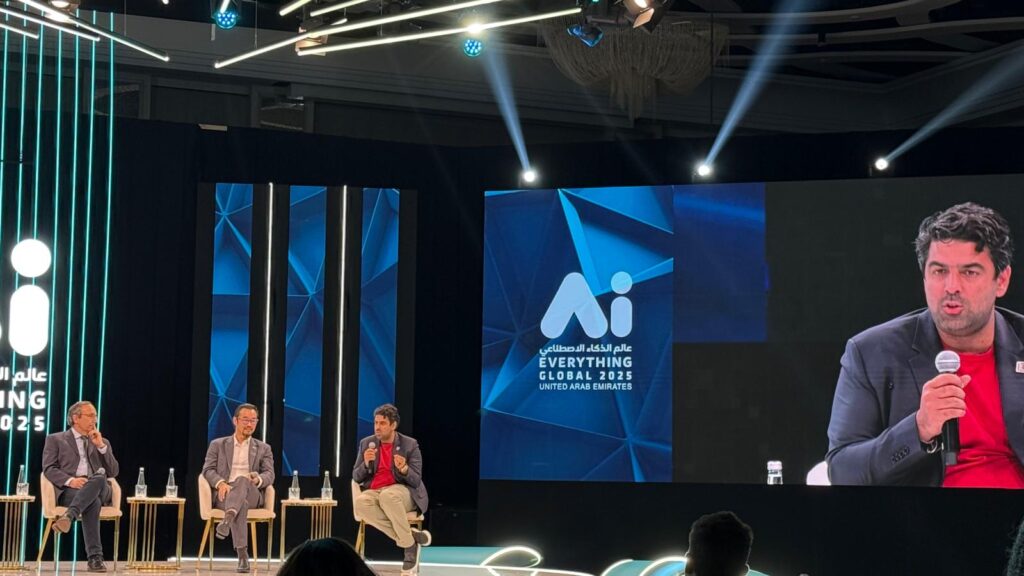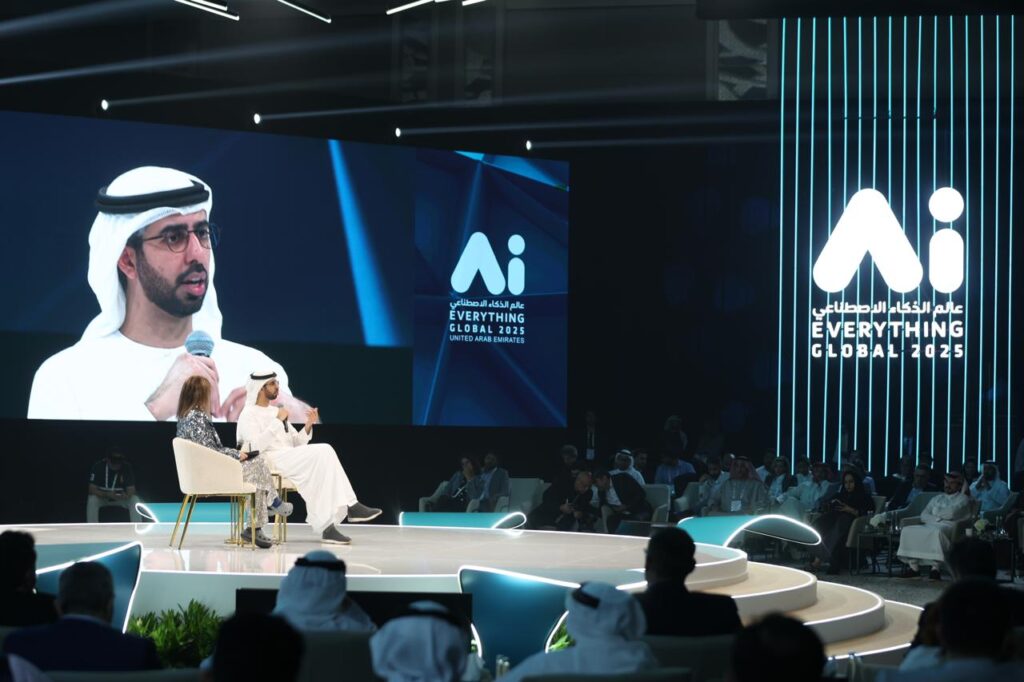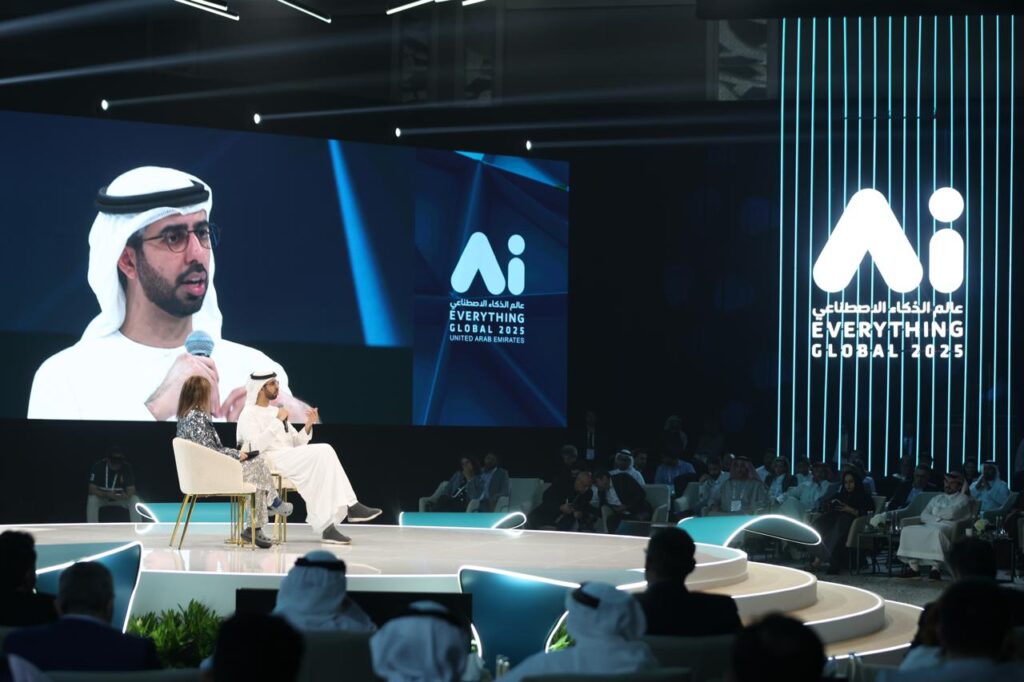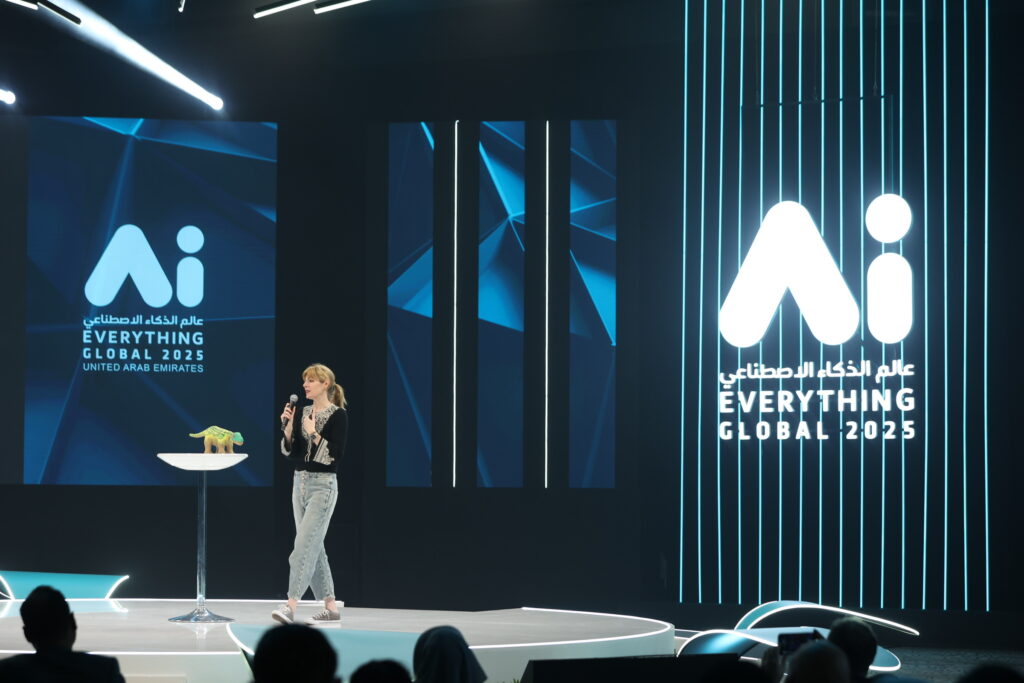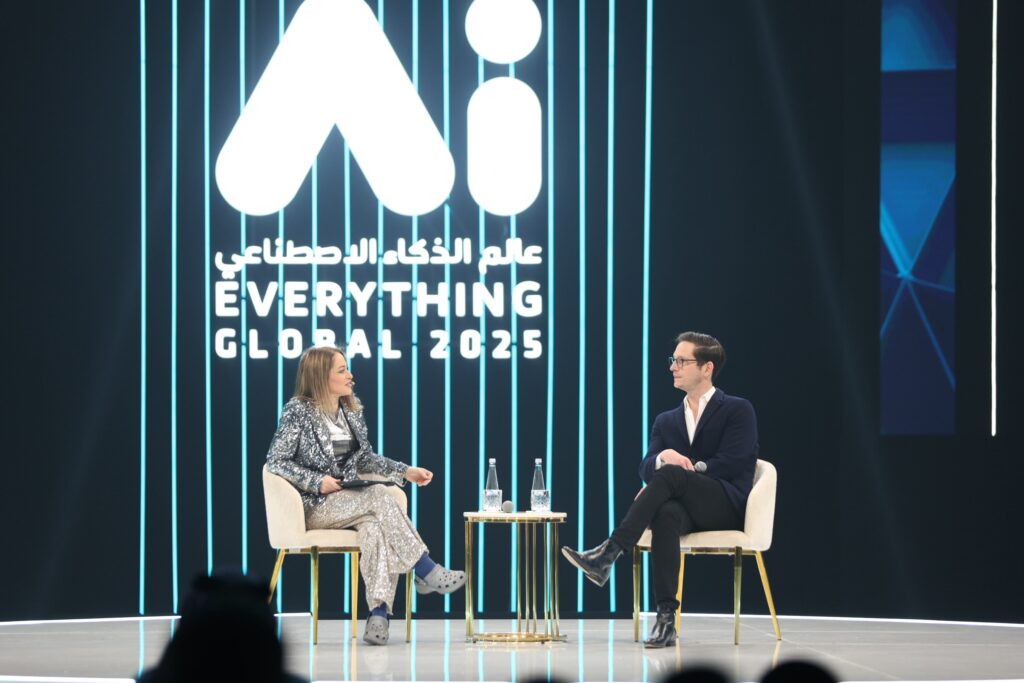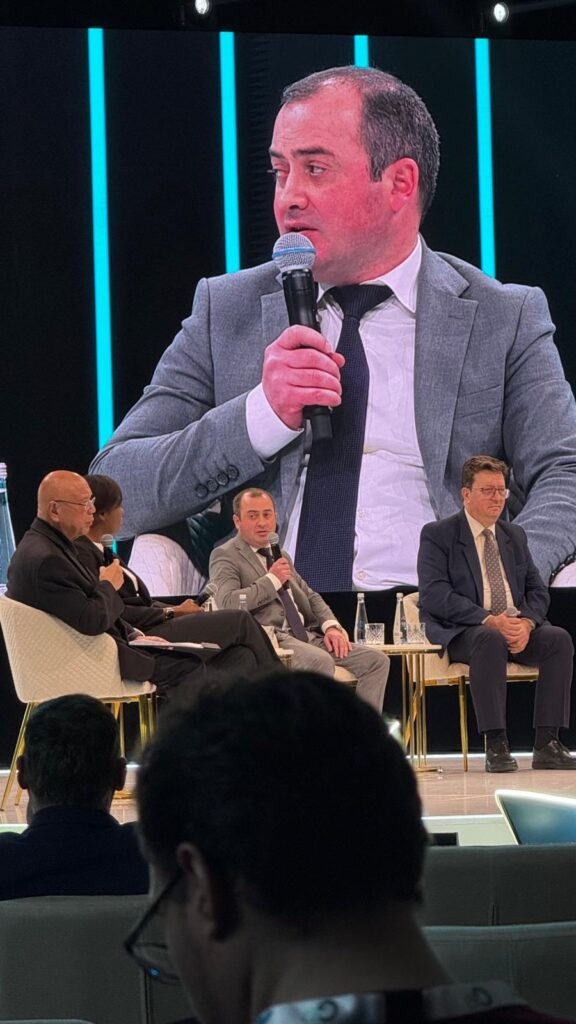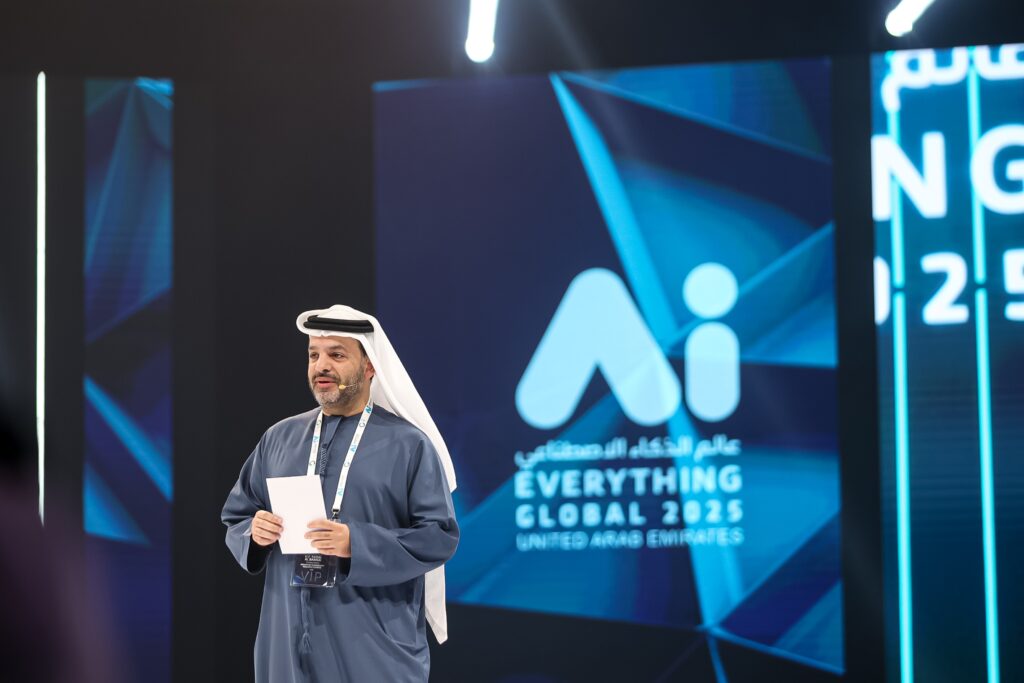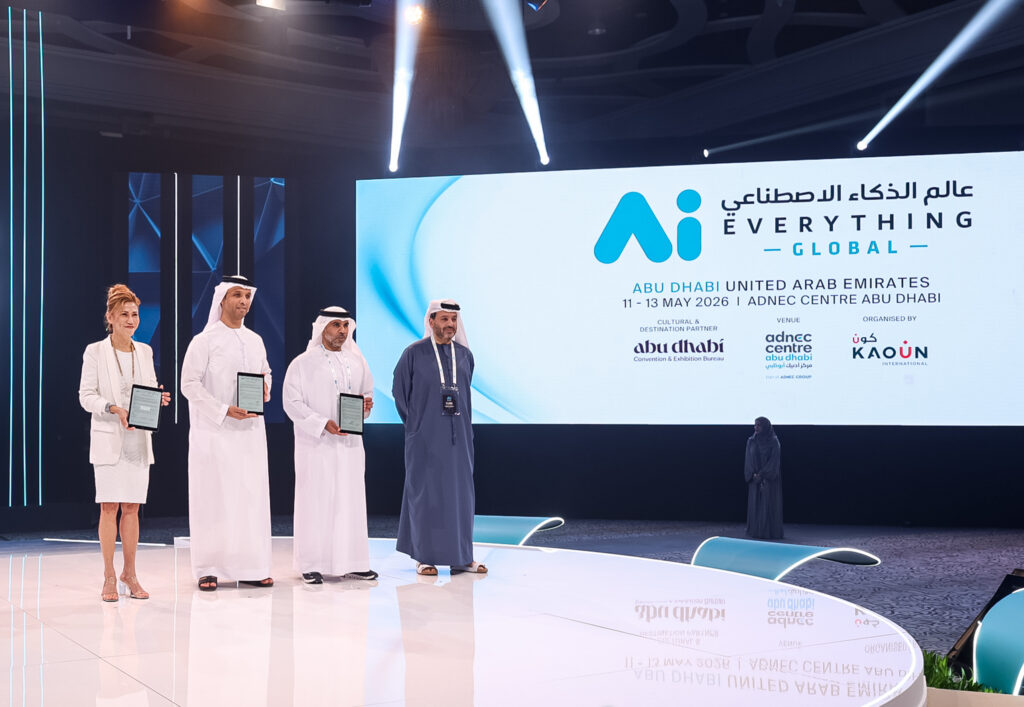
While others laughed at his dreams, Mubarak’s older brother gave him tutorials, mentorship, and the belief that a boy from a crowded house of twelve could build Africa’s own Neuralink. Through code, grit, and his love for maths, Mubarak is now writing a future once out of reach.
In the red-dusted paths of Keffi, a town in Nigeria’s Nasarawa State, 19-year-old Mubarak Muhammad walks briskly each day to his statistics lectures at Nasarawa State University.
On the surface, he is just another student. But behind his soft-spoken manner and modest smile lies a journey that has taken him from scarcity to scientific acclaim, earning top honors in some of Africa’s most competitive artificial intelligence contests hosted by Zindi.
“I was born in 2006,” Mubarak begins, shifting between reflection and resolve. “People mostly know me as Musa. I attended my primary and secondary school by walking every morning and evening.” He grew up in a household of 12 siblings in Keffi, where love for education was constant, even when resources were not.
Electricity, connectivity and basic internet access were often out of reach. “Most times, the challenge I faced was limited resources,” Mubarak says. “Light, mobile data, network for calls, these were big problems.”
Still, something inside him thrived: a love for mathematics. “I just love math,” he says with a grin. “In primary and secondary school, I was the one called out to explain solutions when others couldn’t. I wasn’t always top in scores, maybe second or third, but I would go under the hood, try to prove things, not just solve them.”
And what would his math teacher say? “He used to say I explained better than most,” he chuckles. “Not just solving. I give meaning to math.”
The Love Of A Brother
But Mubarak’s path to data science began not in a classroom, but through the guidance of his older brother, Bello, a senior AI engineer.
“He noticed I loved logic games like chess and was good at math, so he introduced me to Python,” Mubarak says. “At the time, we didn’t even have a computer in the house, and we weren’t allowed phones until after secondary school. But I managed to get one—and that phone became my first learning tool.”
With no laptop, no internet at home, and no formal computer science education, Mubarak began learning Python, downloading PDFs, and watching YouTube tutorials on data science.
“I studied libraries like Pandas, NumPy, and Matplotlib,” he expounds. “My brother shared a full machine learning book with me. I also studied courses on Coursera and Khan Academy. I started all this when I was 14.”
At first, it was overwhelming. “I struggled with advanced math behind machine learning,” he admits. “I felt I was too young to understand it, but I didn’t give up.” He credits online platforms and his brother’s mentorship for helping him persevere.
That persistence paid off. By the time he turned 17, Mubarak had already written and published an article explaining the mathematics behind regression in machine learning.
“I published it on Hashnode,” he says. “It was about the math behind machine learning—not the code, just the math. I loved every bit of that journey.”
Discouragement From Peers
Life in school wasn’t always encouraging. “Many of my friends tried to shut me down,” he recalls. “‘Bro, this is not gonna work,’ they said. But I kept pushing.” The skepticism from peers, he notes, was just holding him back as the lack of infrastructure.
Mubarak’s early ambition wasn’t always AI. “When I was in primary school, I wanted to be a soldier,” he chuckles. But again, Bello redirected him toward the future. “He showed me how tech is shaping the world. That changed everything.”
Despite a strong showing on Nigeria’s national entrance exam, scoring 188 when the computer science cutoff points were 180, he couldn’t secure a computer science course at Nasarawa State University because of some admission rules.
“They gave me statistics instead,” he says. “At first, I was disappointed. But then I realized statistics is actually the math behind AI, and I loved it.”
Now in his second year, Mubarak finds his coursework easy. “I had already learned a lot before joining university. I’d read ahead. Some topics I already knew, and now I understand them even better.”
When Zindi Came Calling
Zindi, a platform hosting data science competitions across Africa, became a turning point. “It was still my brother who introduced me to Zindi,” he says. “He was already participating and doing well. I joined when I began learning machine learning and AI.”
He finally owns a laptop, thanks to Zindi.
“I bought it myself from the $1,500 prize money I won in Zindi challenges,” he says. “I’ve won three of them. That money also helped me buy some textbooks, and other learning tools.” The project involved classifying audio data where he topped a leaderboard with 71 participants.
Since he joined the platform in 2022, he has participated in over 50 Zindi competitions. “I’ve got 11 gold awards and 5 silvers. Sometimes I do it solo, sometimes teaming up. But I like teaming up because we learn from each other, share ideas and get better quality results.”
The objective of one of the competitions was to develop machine learning models that accurately predict the carbon dioxide levels in the air using various data sets. “This would help to gauge the level of air quality in Lagos city.”
Now, Mubarak ranks among Zindi’s most promising young data scientists and machine learning experts. With such a string of wins under his belt, he is fast becoming a role model for the next generation of AI talent in Africa. But he remains grounded—studying, mentoring peers, and continuing to publish articles.
Mubarak’s Brain-Computer Interface Dream
When asked what lies ahead, Mubarak doesn’t hesitate. “I want to build AI tools that help people in real life, especially in health and education,” he says. “I’m not just learning for fun. I want to create things that matter.” But he plans to join a tech company that focuses on health, especially a biotech one, even before he graduates in 2027.
The 19-year-old prodigy is fascinated by brain-computer interfaces and the codes behind them, and is now plotting something audacious: building Nigeria’s and Africa’s version of Elon Musk’s Neuralink. “Yeah, I don’t know right now, but I will soon get it,” he says. “My next target is to start learning deep neural networks, the basics of neuroscience, so that I can combine it with AI.”
Mubarak knows it won’t be easy. But as he sketches out neural pathways in his notebook and trains AI models on imported processors, he’s convinced that Africa doesn’t need to wait for Silicon Valley to read its mind. It just needs young minds brave enough to build the future themselves.
Stay ahead in the world of AI, business, and technology by visiting Impact AI News for the latest news and insights that drive global change.






